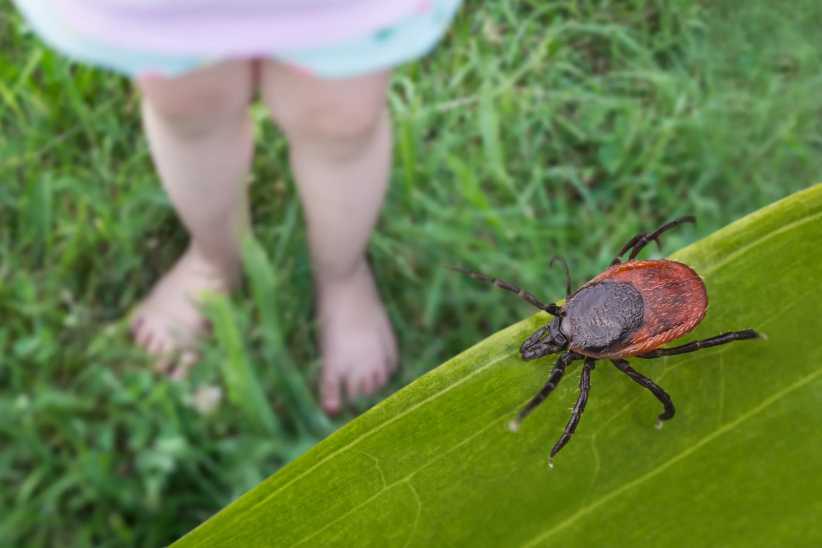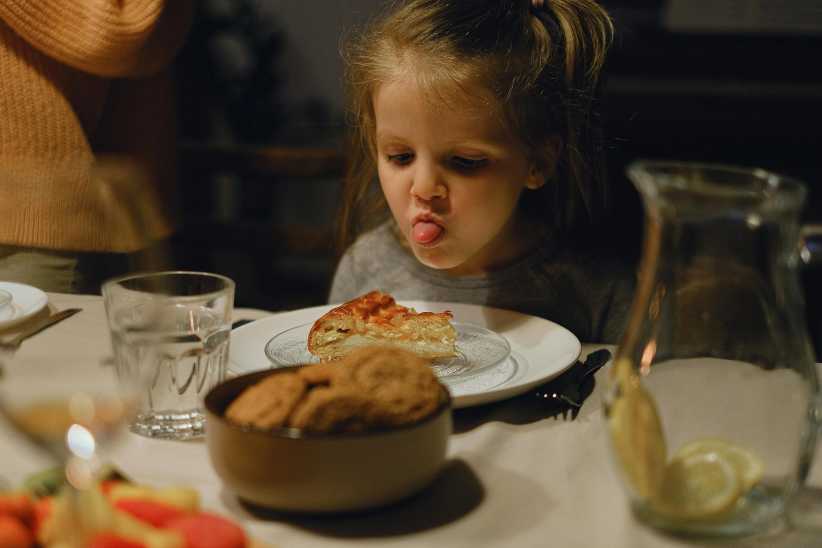 Reading How Not to Hate Your Husband After Kids is like talking to your well-read best friend. That’s because the book’s bestselling author, acclaimed journalist Jancee Dunn, feels your pain. She too has been a frustrated mom; she knows why dads act the way they do (it’s part evolutionary, part neurological), and she helps couples manage those tricky first 30 years of parenthood.
Reading How Not to Hate Your Husband After Kids is like talking to your well-read best friend. That’s because the book’s bestselling author, acclaimed journalist Jancee Dunn, feels your pain. She too has been a frustrated mom; she knows why dads act the way they do (it’s part evolutionary, part neurological), and she helps couples manage those tricky first 30 years of parenthood.
In How Not to Hate Your Husband After Kids, Dunn also explains why high-earning dads help less than those who bring home a smaller pay check. We interviewed her recently on why she wrote her book, lessons she’s learned since then, and why you’re not the only woman to want to poison the father of her child.
Your book has the best title of any book ever.
It certainly grabs your attention, doesn’t it? The publisher and I figured that if you’re a woman who just had a baby and are deranged, you need something simple and clear and direct.
It’s good even if your kids are teenagers.
I do hear that a lot. I’ve heard it’s also good for empty-nesters who need to get along with their spouse again after the kids have left. It’s basically how to fight like grownups, so it applies to any age.
What inspired you to write this book?
It’s the book I wish I had read when I was pregnant, despite the fact that the title might frighten you about having children. I wish there had been a book that would prepare me—you would still fight, but you would know how to handle it. Also, I wrote it because our marriage was in trouble. I could also see our child’s personality changing. It was the classic thing—we’d be sweet with the kid and curt with each other. That’s stupid, and my daughter knew something was up. I naively thought that she’d be fine because we were not taking anything out on her. If you’re fighting in a small Brooklyn apartment, you are taking it on her, indirectly.
I underlined passages that reminded me of my husband, and after seeing it in print, I felt like I could let some things go. Because it’s not just my husband. It’s a universal truth.
When our daughter was born, I felt really alone. I felt like no one was going through this except me. Even my close friends didn’t tell me how much they were fighting with their husbands. They would tell me years later, but we all kept it from each other because you feel little ashamed maybe or self-conscious.
You write about the jingling of the keys, when the dad is ready to leave the apartment and the mom is still getting herself ready after having fed, dressed, and packed up the children. He wants to know why it always takes her so long.
I would tell him: “Yelling ‘let’s go’ won’t get us out the door any faster. What would help is saying: ‘what can I do?’” He would genuinely be baffled about why I would run out the door with no makeup, in some insane, crazy outfit. And he’d say: “We’ve got to get started earlier.”
You interview an army of experts and cite tons of research. My favorite was the report that explained why men don’t get up for a crying baby at night: They actually don’t hear it. They’re hardwired to hear the overall danger to the family, whereas women hear the offspring.
There is research in sub-conscious brain activity in sleeping men and women. They found that the night time sounds most likely to wake up a woman (like a crying baby) weren’t even in the male top 10. Men would hear car alarms, strong winds, and heavy rain. Researchers figured out that it must have been because men were more responsive to disturbances that posed a larger threat to the whole clan. As for women, their job for millennia was raising babies, so they are more responsive to threats to the baby. Just knowing some of this stuff at least might have calmed me down a little bit. I used to just seethe.
 Have you been able to sustain the lessons you learned while writing the book?
Have you been able to sustain the lessons you learned while writing the book?
No matter what expert I consulted—whether it was a couples’ counselor or FBI crisis negotiator or a home organizer—everyone said the same thing: Clarity. Clarity. Clarity. Fights arise when things are not clear, when roles are not clear, feelings are not clear, when chores are not clear. On weekends, we would fight about who deserved to rest more and who deserved not to do chores. Every weekend we were starting anew. It’s a terrible way to go about things. Now, we divvy up everything. One person sleeps in on Saturday, one sleeps in on Sunday. I needed to increase my communication with him. I was not telling him, in a very clear way, what I needed. I went for emotional rather of practical. I would yell things like: “I’m doing everything around here.” That doesn’t help. It doesn’t give you a way forward. So last week I said: “I’m cleaning up the dishes and can you come over here and help me out?”
But even when you say what you need, you still get the: “I’ll be there in a second.”
I would be doing the dinner dishes and ask for help, and [my husband] would say: “Let it soak.” I would say to him that I needed to get in the kitchen to do other things. I would tell him that activity in the kitchen never stops… Over and over again, I would quietly lead him into another room and shut the door, stick our kid in front of Minecraft, and in a calm voice say: “When you say ‘in a minute,’ you treat this like an option.” I would tell him that things around the house take work; things don’t magically happen. I don’t have options; I just have to get things done.
Your husband came off very well in book, even when he was playing chess on his computer. Did he ask you to change anything?
He just confirmed things. He’s a journalist, so he kept saying: “What matters to me is to tell the truth.” He kept saying that readers can sense when you’re BS’ing them.
Your research is for heterosexual couples, but your insight seems it would apply for same-sex couples as well.
There’s usually a primary parent in every relationship—either same-sex or not—who does more of the work. And that can engender resentment, no matter who you are. But there is more research emerging about same-sex couples. They seem to be getting a lot of this stuff right that heterosexuals are not.
Do you see yourself falling into any parenting traps with your daughter the way you did with your husband?
I need to be consistent with her the way I am with him.
To learn more about Jancee Dunn, visit janceedunn.net!






















